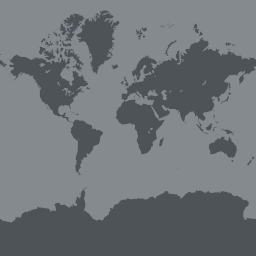Species information associated with genetic resources derived from traditional knowledge is often published and disseminated without adequate adherence to standards, leading to various ethical and legal issues. Adopting best practices for handling such data is crucial, given growing recognition of the importance of respecting and protecting the rights of the communities that preserve this knowledge (see CARE principles).
Standardizing socio-biodiversity data can contribute to the interoperability of databases, enabling the identification and recognition of traditional knowledge, including its origin, thereby supporting benefit-sharing policies and preventing the misuse of traditional knowledge associated with genetic resources. Interoperability helps ensure accurate documentation of the origins of traditional knowledge linked to specific species and genetic resources and enables end users to acknowledge the existence and origins of such traditional knowledge.
This project invites regional countries and other interested parties to propose interoperable database formats that facilitate the recognition of traditional peoples and communities as custodians of this invaluable knowledge. The project involves a workshop and three case studies that will rigorously test and validate decisions.
Project progress
The project has created an official project page on the SiBBr website, where more information can be found. Through this page, there is also an option for people to register for the discussions on the socio-biodiversity extension.
In addition to this, the project is organizing a GitHub repository in three languages to facilitate discussions on the project results. It has also begun, through another GitHub repository, discussing the proposed structure.


